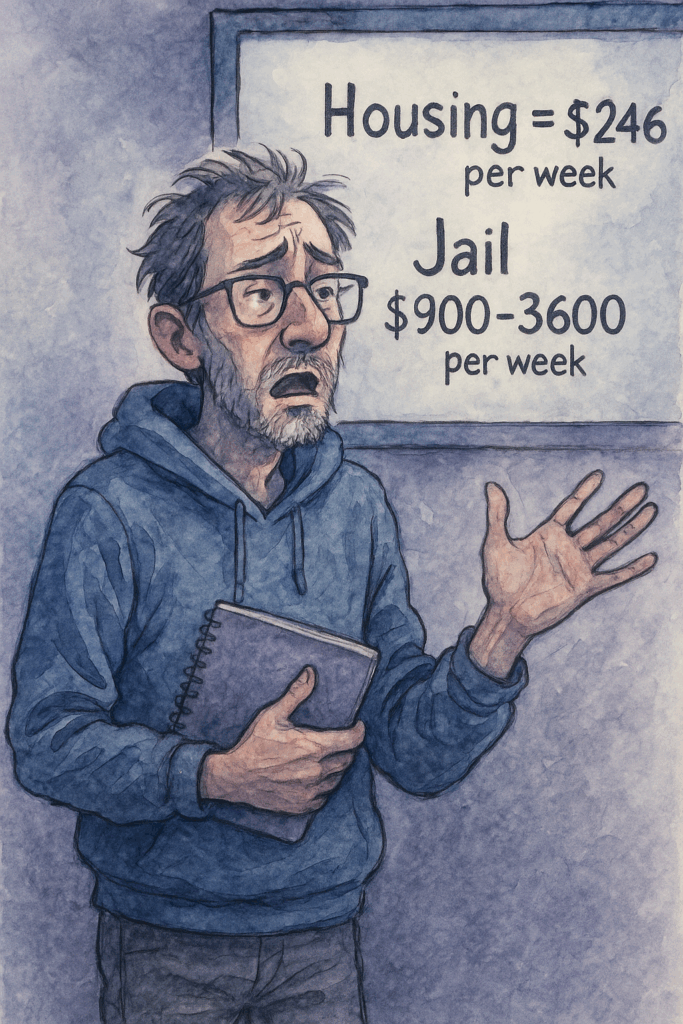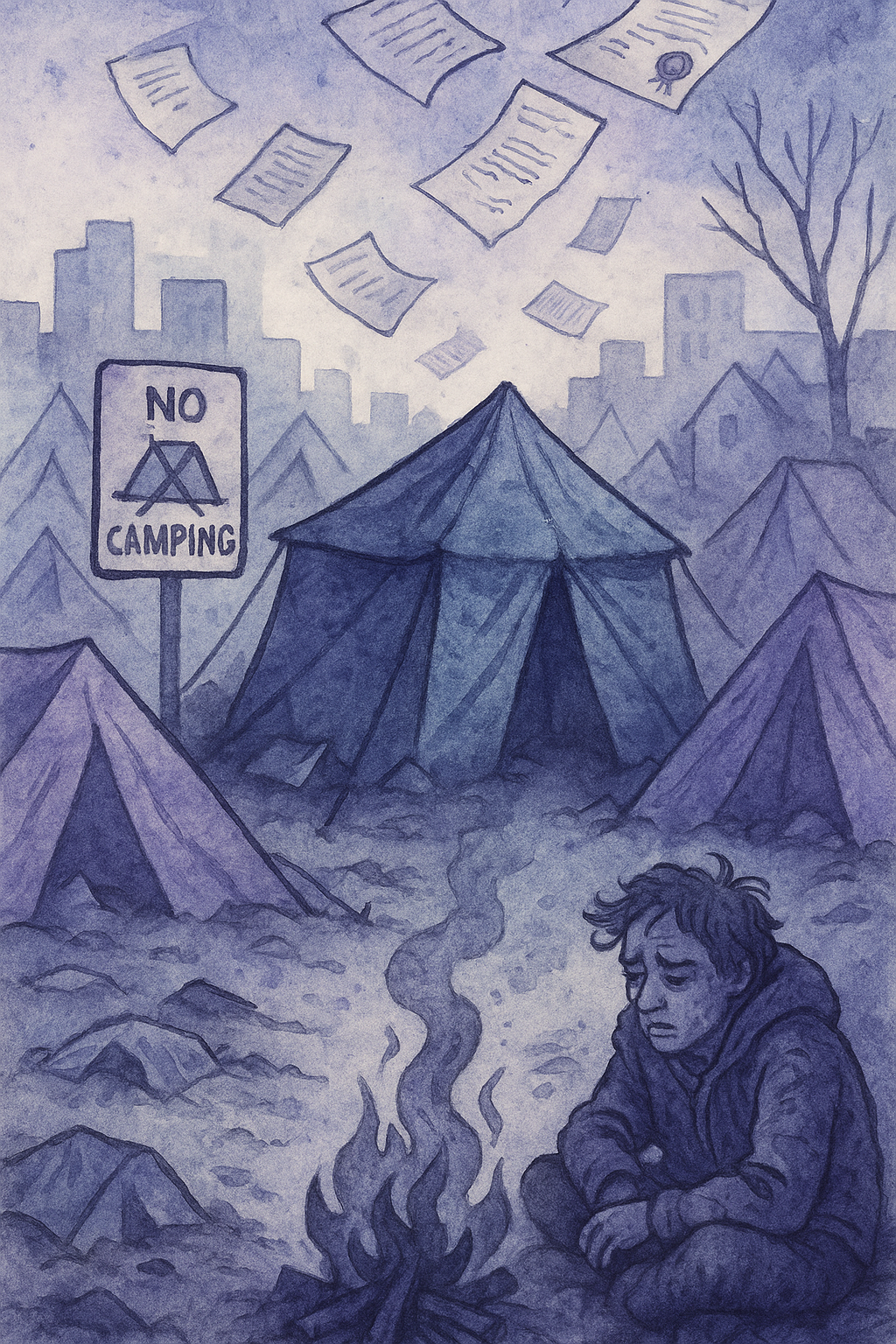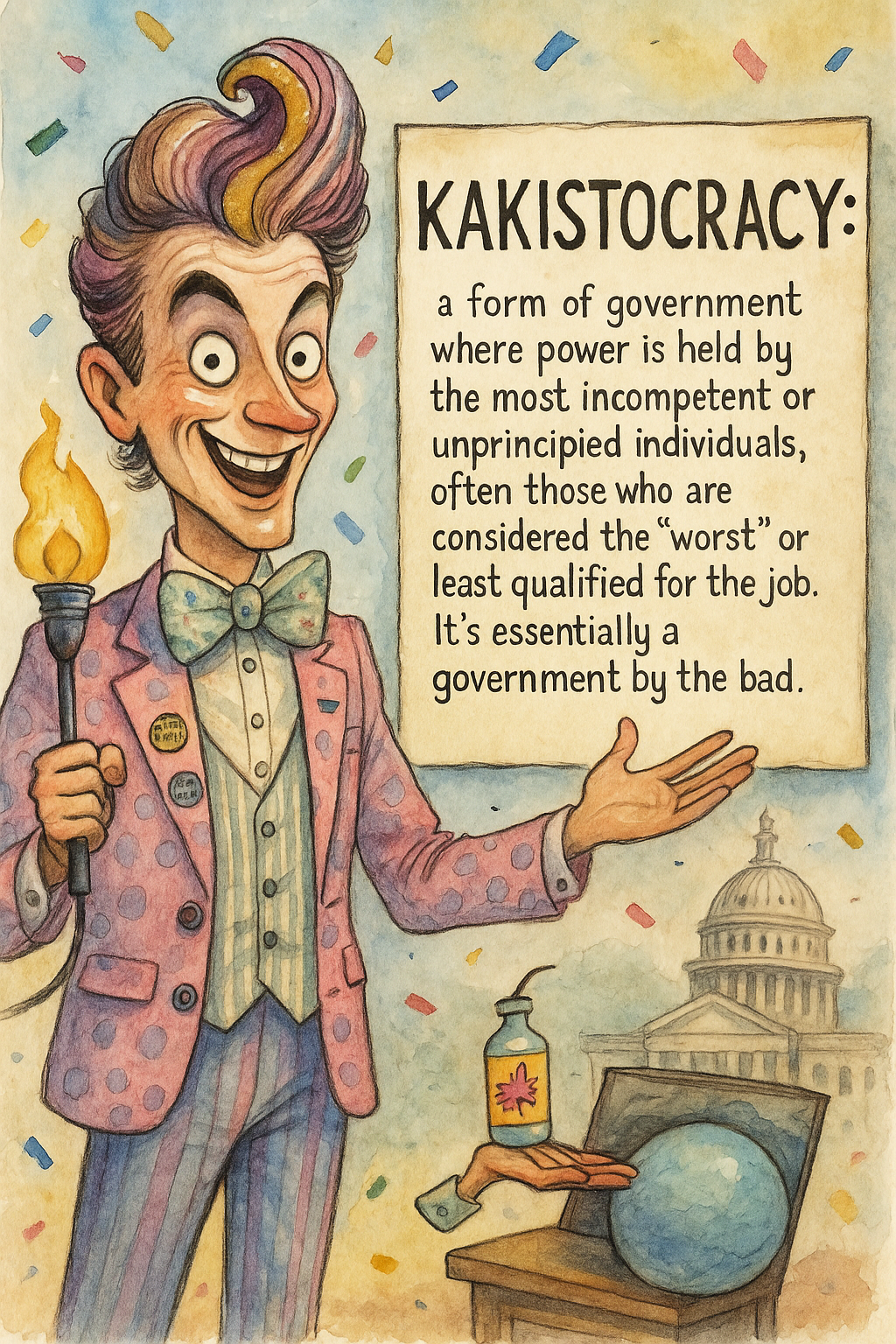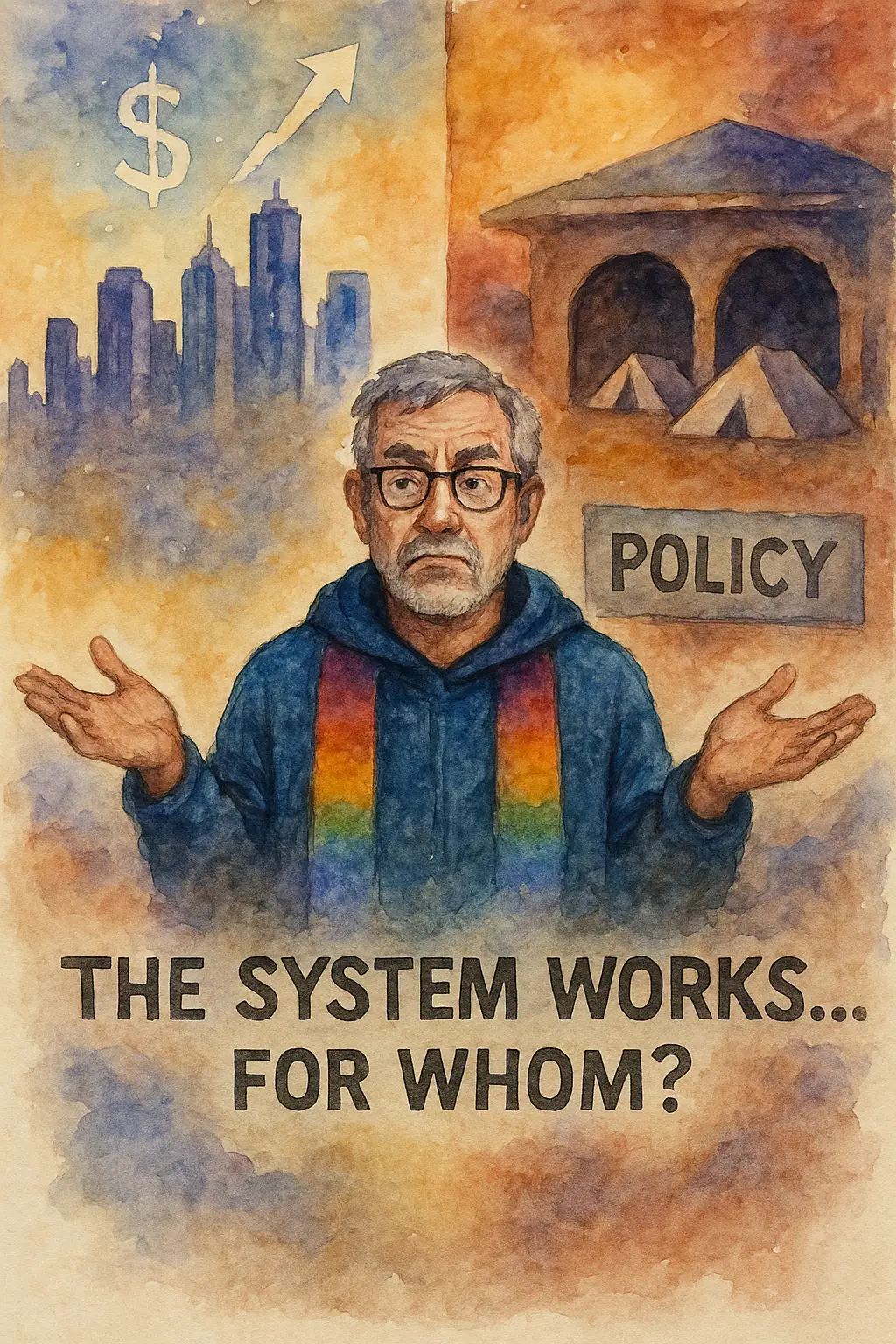Here’s the thing: homelessness is real. It’s big. It’s everywhere. It’s not complicated—but it is difficult. That doesn’t stop people from getting frustrated with how little progress we’ve made. And frustrated people? They do desperate things.
Enter Grant’s Pass, Oregon.
When cities feel they have to “do something”—anything—about visible homelessness, they often reach for a well-worn but ineffective tool: criminalization. They pass ordinances banning camping in public parks or sleeping on sidewalks. That’s what Grant’s Pass did.
Advocates challenged the ordinances, arguing that punishing people for being unhoused when they have nowhere else to go violates the Eighth Amendment’s ban on cruel and unusual punishment. The case went all the way to the Supreme Court—Grant’s Pass v. Johnson. The Court ruled: no Eighth Amendment violation.
To be honest? I’ve always thought the legal argument was a bit flimsy. But the Court’s logic wasn’t just flimsy—it was cold. Unfortunately, not unusual.
Here’s what criminalizing homelessness really does: it lets a city throw up its hands and say, “We give up.” It’s theater, not strategy. It’s also wildly expensive. Jailing people costs more than housing them. Yes, jail gets people “off the streets”—but at a much higher financial and human cost than, say, providing housing.
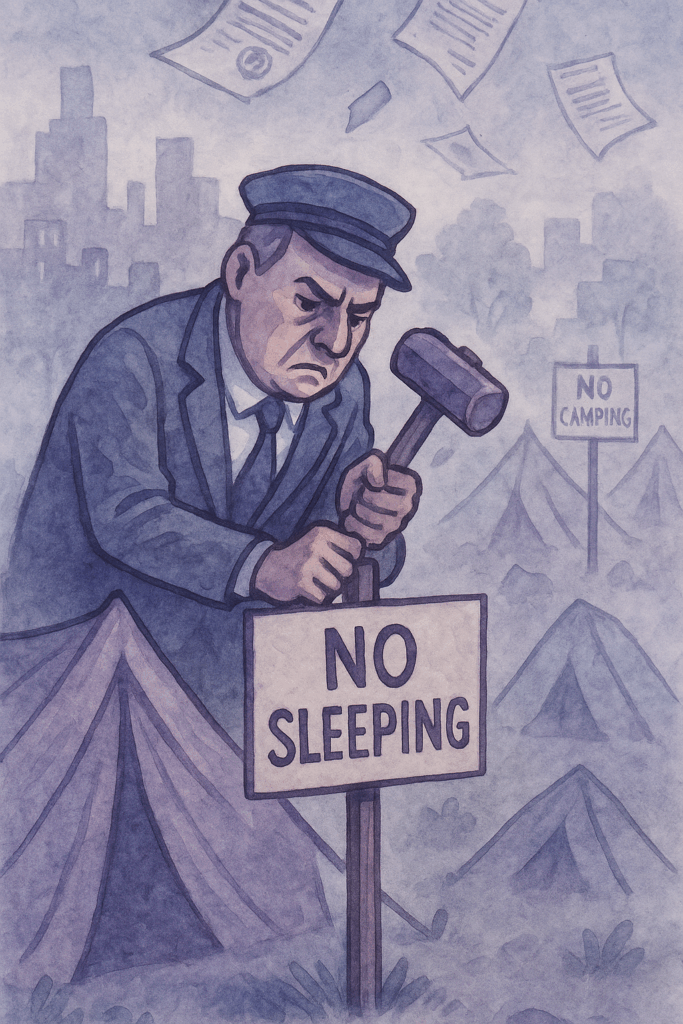
Making camping illegal when someone has nowhere else to go doesn’t make homelessness disappear. It just pushes people into hiding. It assumes that homelessness is a lifestyle choice. It’s not. Sure, some folks will tell you they’re “homeless by choice,” but let’s be honest—no one wakes up one morning and thinks, “I’d love to live without privacy, security, or shelter.”
Usually, “homeless by choice” means they’ve given up on the hoops they’d have to jump through to get help. Sometimes, “choice” means refusing to attend religious services required by a housing program. Or not wanting to be separated from a partner or teen son at a shelter with rigid rules.
In Grant’s Pass, the camping ban didn’t reduce homelessness. What it did do was create a new problem. With nowhere legal to camp, and few shelter options available, the city eventually designated land for an official camp. The result? Surprise—neighborhood complaints started rolling in as the camp expanded.
Link: Grants Pass Residents Voice Frustration After Homeless Camp Expands
It’s predictable. Sweeping a problem out of sight doesn’t solve it. Grant’s Pass assumed that unhoused people were lazy, or would just leave if they weren’t “wanted.” What they got instead was a court case, legal fees, bad press, and—surprise—a bigger homeless camp.
And all the money spent on lawyers? Could’ve housed a lot of people.
Grant’s Pass didn’t fix anything. They just made it more expensive and more visible.
A classic lose/lose.
